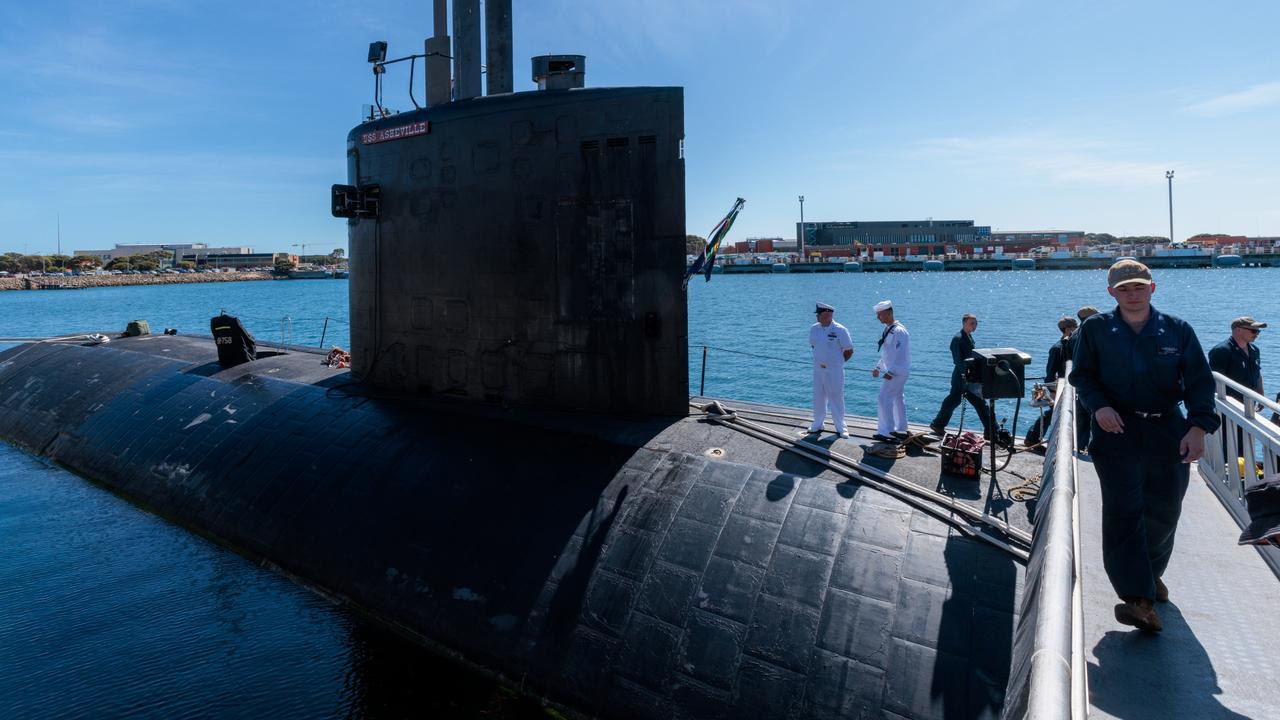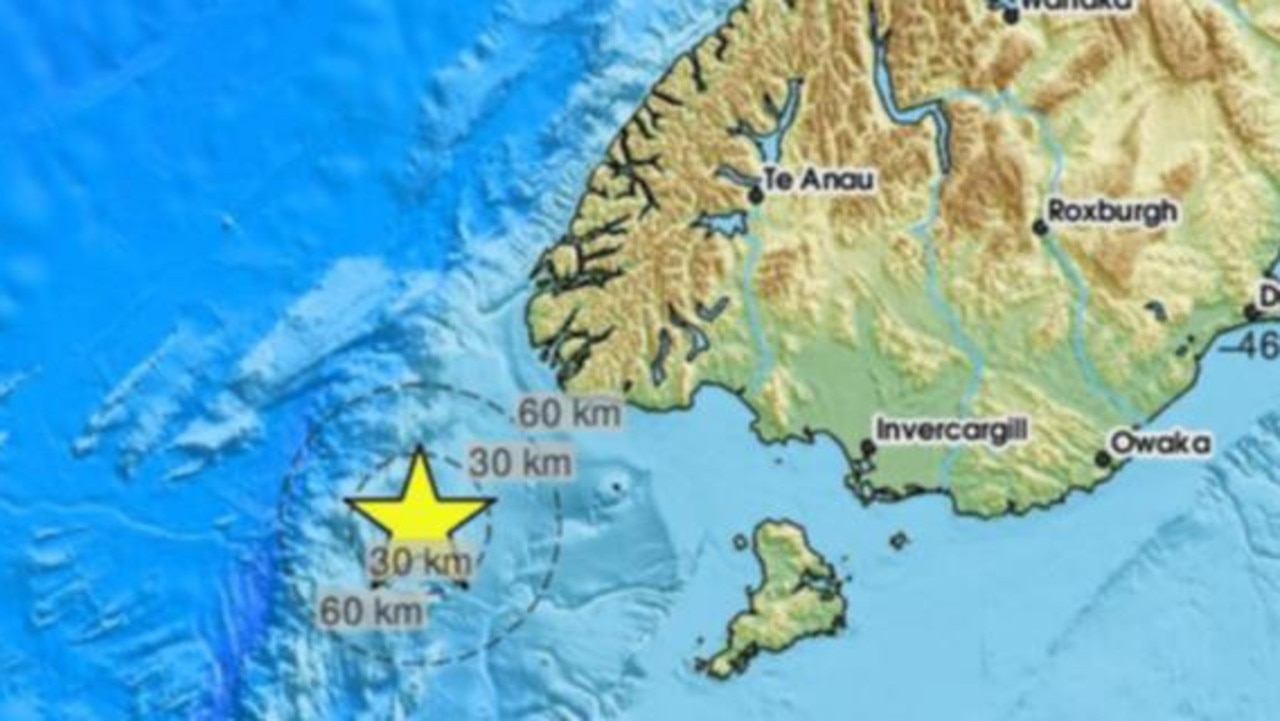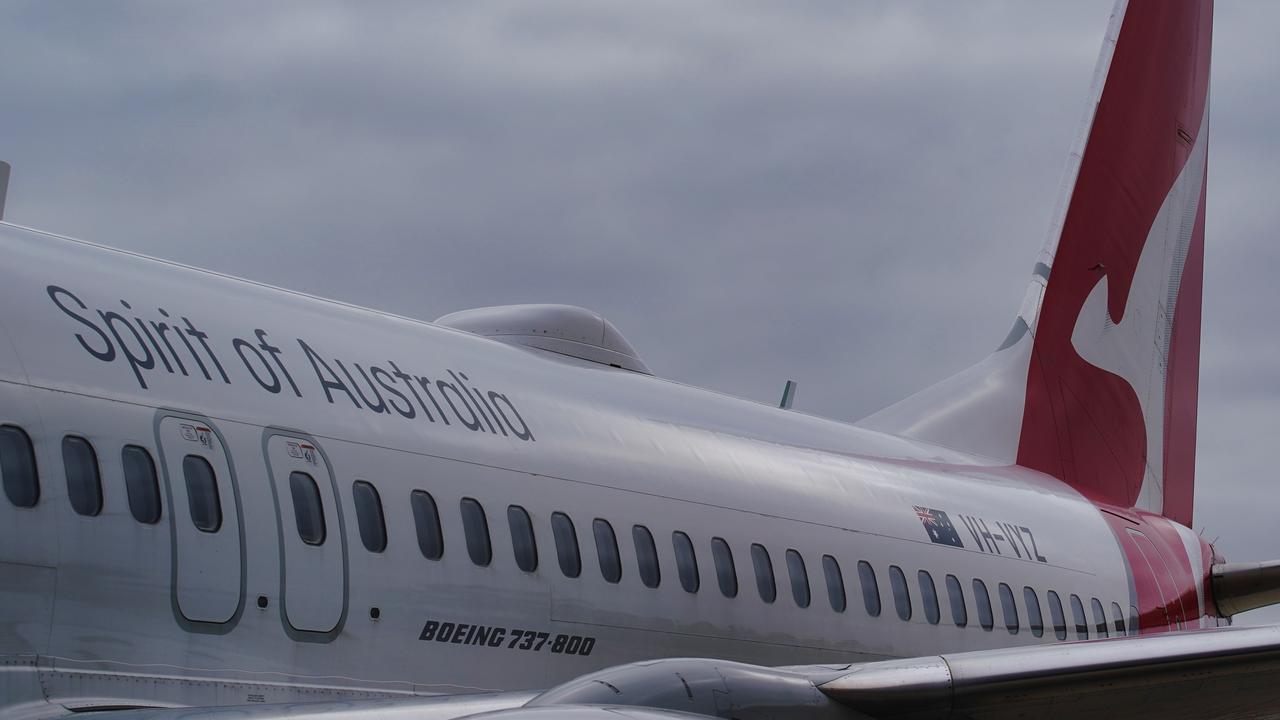Australia’s security treaty with PNG set to be signed this year
Australia is poised to sign an important new security deal with a key ally after a history-making day.
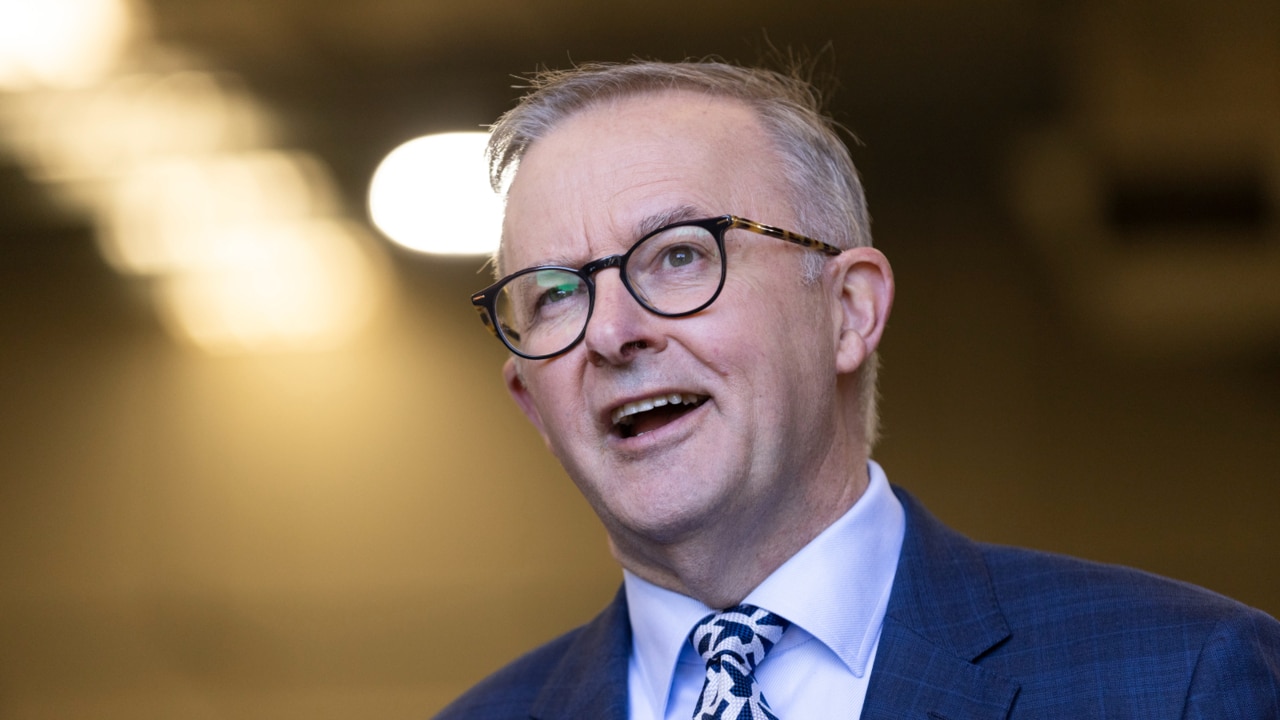
Australia and Papua New Guinea have taken the next steps toward signing a bilateral security treaty during a history-making day in Port Moresby.
Anthony Albanese and PNG Prime Minister James Marape signed a “joint statement of commitment” to the new agreement at their in-person meeting on Thursday.
Negotiations on the wide-ranging deal are expected to be wrapped up by April, before the treaty is signed in June.
The Australian Prime Minister told reporters in the PNG capital the “very broad” agreement would cover a range of security and policing issues, as well as climate change.
Mr Albanese said his leaders’ dialogue with Mr Marape strengthened the “incredible partnership” between their two countries.
“It’s based upon the fact that our economic co-operation and our security co-operation is in both of our interests,” he said.
“Our interests are indivisible.”
Mr Albanese and Mr Marape also agreed at their meeting that Australia would contribute funding to combat gender-based violence and support women’s empowerment in PNG.
And the two leaders committed to increase PNG’s participation in the key Pacific Australia Labour Mobility scheme.
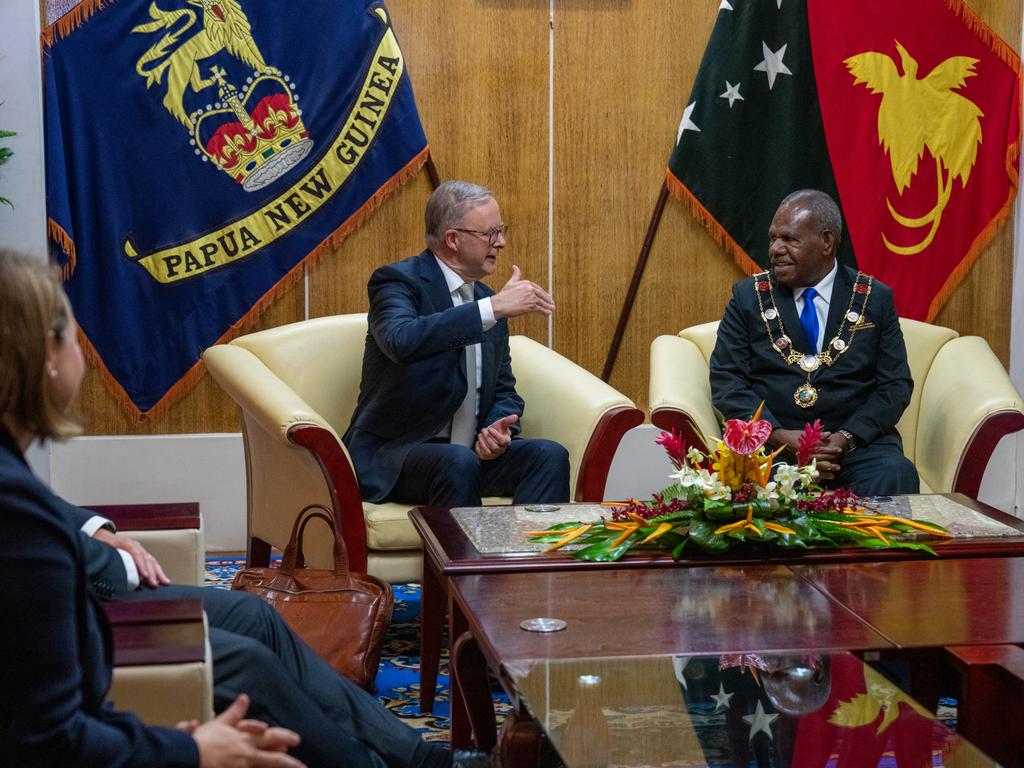
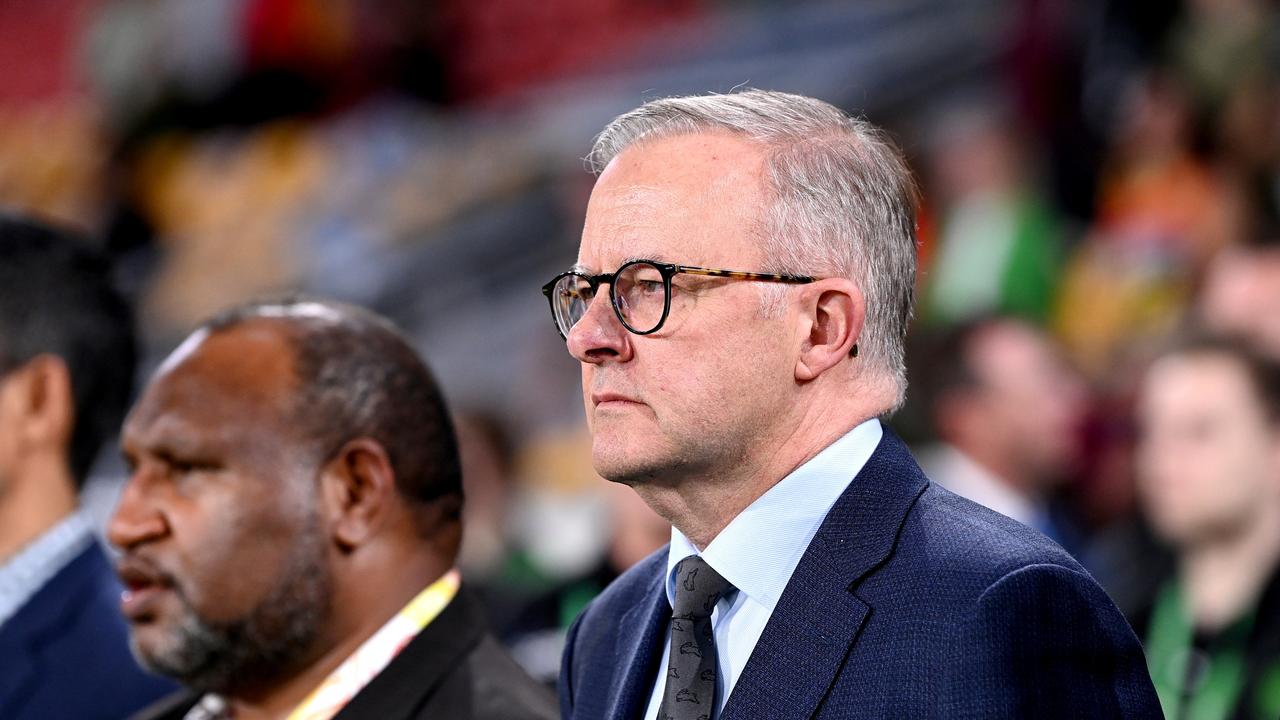
Mr Albanese earlier on Thursday became the first foreign leader ever to address the PNG parliament, drawing on the two nations’ shared history, values and friendship in his speech.
Australia will be hoping to counter Chinese influence in the region when it inks the security deal with PNG, which comes after it signed a separate security pact with Vanuatu last month.
Mr Marape told reporters he had invited Mr Albanese to give the speech to signal that Australia was his country’s most important foreign partner.
But, he said, the PNG-China relationship would remain a matter for the two countries involved, separate to his government’s dealings with Australia.
PNG’s Foreign Minister Justin Tkatchenko signalled earlier on Thursday his country wasn’t looking to be caught between China and Australia in a battle for regional dominance.
Mr Tkatchenko said China was an “important strategic partner” to his country’s development.
“We’ve always had that relationship. China is one of our biggest economic partners, and we work with them in many different ways on the understanding where we are and what we can do together without causing issues among ourselves and our partners,” he told ABC Radio.
“We’re open to working with all our partners.”
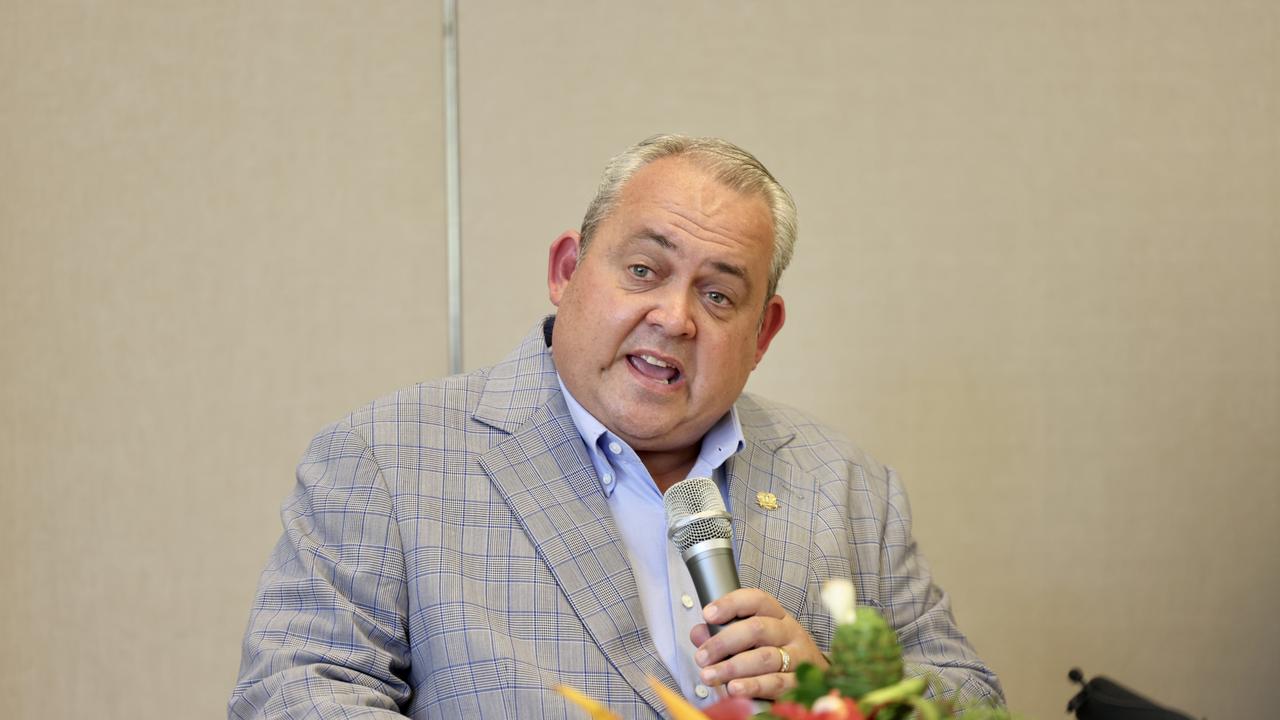
Pacific Minister Pat Conroy sought to downplay claims Australia was in contest with China for influence in PNG.
He said the Australian government was committed to deepening relationships with Pacific island nations and being their “partner of choice”.
“Is it possible that Papua New Guinea might want to have multiple partners of choice on security? It’s not for us to dictate what other countries do,” he told ABC Radio.
Earlier this week, China’s ambassador to Australia, Xiao Qian, said Beijing’s intentions in the Pacific were for peaceful development purposes only, maintaining there was “no military intention”.
Mr Conroy said Australia’s bilateral defence treaty with PNG would be about “opening up legal mechanisms for greater co-operation”.
“It’s about making it easier for Australia to support the security aspirations of Papua New Guinea and vice versa,” he said.
“That could include hypothetically allowing more visits by Australian naval vessels or Papua New Guinea naval vessels to Australia.
“It could include greater military co-operation in training, so it’s about putting in place the legal framework to allow greater co-operation.”
PNG is the largest recipient of Australian aid, worth about A$602 million in 2022-2023, and receives more than 30 per cent of Australian aid to the Pacific.

